Supporting Recovery After Critical Incidents
Critical incidents are extraordinary events that can disrupt an individual’s ability to cope, often leading to emotional, physical, or psychological stress. By understanding the nature of these incidents, you can be better prepared to respond thoughtfully and effectively when they occur. Common examples include:
-
Workplace Accidents: Incidents involving injuries or fatalities on-site or near the workplace.
-
Traumatic Loss: Sudden death or severe injury of an employee, whether at the workplace, during work-related travel, or in related contexts.
-
Acts of Violence: Threats, assaults, or active shooter scenarios that unfold within or around the workplace.
-
Natural Disasters: Events like hurricanes, earthquakes, or fires that directly impact workplace safety and operations.
-
Significant Organizational Crises: Situations such as financial scandals, cyberattacks, or public relations crises that create widespread uncertainty and impact morale.
Recognizing the potential impact of these events, from immediate shock to long-term effects, allows for a structured response to restore safety, stability, and well-being. Get started with the resources linked below:
